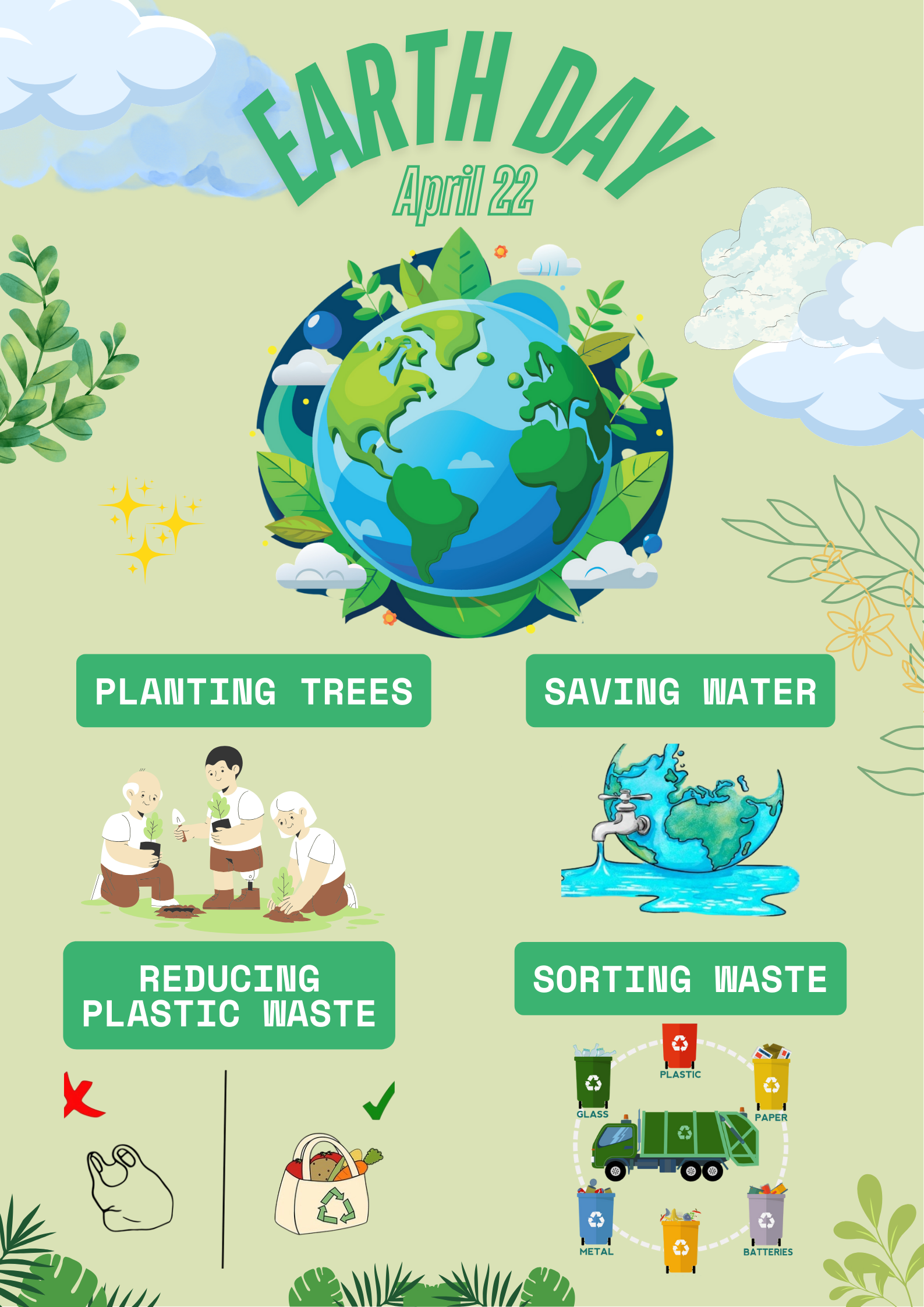
07.01.25
Changing oneself to become better
What is change? Change is a transformation of state or condition from one thing to another. It can be small or large, positive or negative, and can occur naturally or be influenced by human actions. Changing oneself helps one discover untapped abilities and inner values. In today’s fiercely competitive environment, if we don’t change to ... Read more
What is change?
Change is a transformation of state or condition from one thing to another. It can be small or large, positive or negative, and can occur naturally or be influenced by human actions.
Changing oneself helps one discover untapped abilities and inner values. In today’s fiercely competitive environment, if we don’t change to adapt, we risk being left behind and losing direction.
What is self-change?
Self-change is the process of altering one’s mindset, lifestyle, attitudes, behaviors to become better and more valuable to society. This process involves acquiring knowledge, improving skills, eliminating bad habits, enhancing health, focusing on spiritual life, and developing relationships.
Self-change doesn’t mean being inconsistent; it’s a way to improve oneself. It can be challenging, requiring perseverance, determination, and consistency in actions.
Benefits of self-change:
- Skill development:
Self-change creates opportunities to develop and expand skills such as communication, leadership, time management, creativity, etc. It involves learning and practicing to enhance existing skills.
- Broadened perspective:
Self-change expands one’s view of life and the world. By exploring new ideas, and experiences, and interacting with people of different perspectives and cultures, one can evaluate issues from various angles and develop creative thinking.
- Increased confidence:
Self-change builds confidence through expanding personal boundaries and facing challenges. It enhances belief in one’s abilities and improves coping with difficult situations.
- Creating opportunities:
Self-change opens up potential opportunities. By developing skills, knowledge, and expanding networks, one can attract attention and unlock new opportunities in career, education, and life.
- Improved health:
Self-change can lead to healthier eating habits and lifestyles. By prioritizing health care, one can improve both physical and mental well-being. Regular exercise, balanced nutrition, and maintaining ideal weight can boost immunity, improve cardiovascular health, and reduce the risk of chronic diseases like diabetes and heart disease.
During the process of self-change, fears and uncertainties are inevitable. Therefore, individuals need to be mentally prepared to face and overcome them. One way to confront fear is to understand it by asking yourself why you fear it. Perhaps it’s fear of the unknown, lack of confidence in oneself, or discomfort with stepping outside of one’s comfort zone. Self-change isn’t always easy; it requires a detailed plan and high determination.
By accepting change and continually challenging oneself, individuals can lead a fulfilled, creative, and successful life. Investing in personal development not only benefits oneself but also positively impacts relationships and the broader community.










